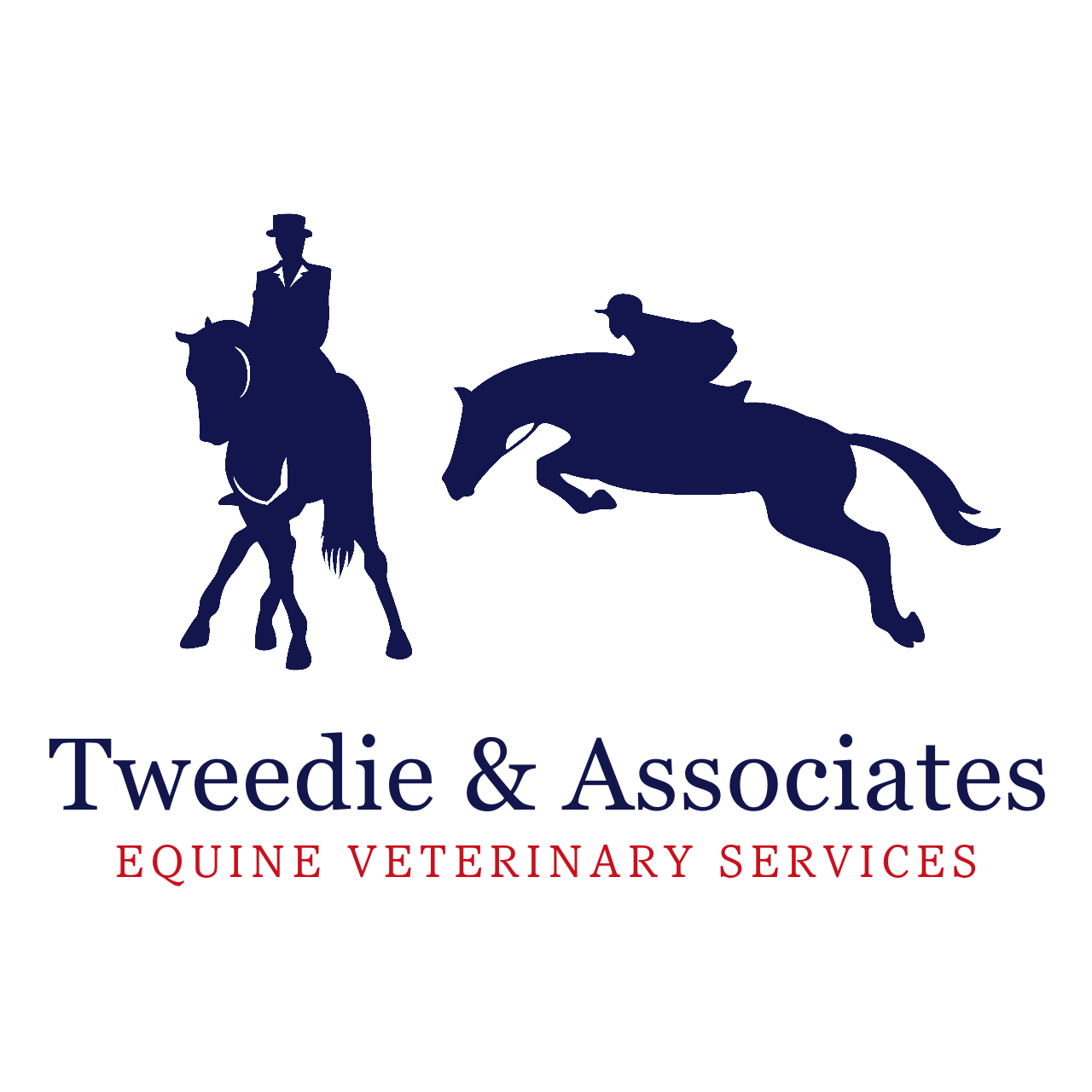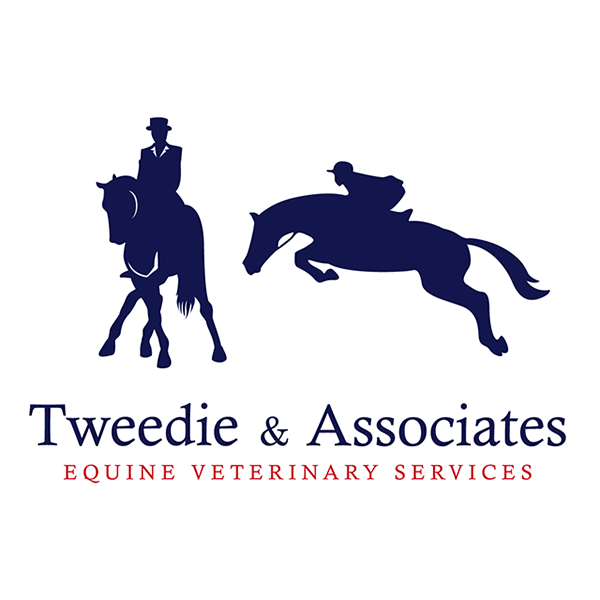Keeping Horses healthy at Competitions by Dr Kaile Vuyk
Keeping Your Horse Healthy at Shows: Do's and Don'ts Every Owner Should Know
Horse shows are an exciting part of the equestrian calendar—whether you're competing locally around the Mornington Peninsula or heading further afield. But along with the fun and adrenaline comes the challenge of keeping your horse healthy under the extra stress of travel, new environments, and potential exposure to unfamiliar horses.
As equine vets, we often see a spike in health issues around competition season—many of which can be prevented with a little planning. So, here’s your go-to guide for horse show health, covering the essential DOs and DON’Ts to keep your equine partner performing at their best.
✅ DO: Take Proactive Steps to Protect Your Horse’s Health
1. Wash your hands often
Before and after handling your horse—or anyone else’s—take a moment to wash or sanitise your hands. It’s one of the simplest ways to reduce the risk of spreading disease.
2. Bring water from home
Familiar water can reduce stress and stomach upset. It’s also good practice to carry some in your float at all times—for emergencies as well as travel days.
3. Practice stabling at home
If your horse isn’t used to being in a stable, introduce them gradually before show day. A few trial nights at home can make the transition less stressful when you're at an event.
4. Warm up and cool down properly
This is key for both physical performance and injury prevention. Take the time to stretch your horse’s muscles before and after each ride.
5. Monitor their temperature regularly
Knowing your horse’s normal range and checking daily during events can help catch early signs of illness—especially respiratory or viral issues.
6. Know the vet contact details
Always find out who the on-site veterinarian is (if available), or the closest equine vet clinic to the grounds. Save the number in your phone for peace of mind.
❌ DON’T: Make These Common Mistakes at Shows
1. Don’t share gear or grooming tools
Water buckets, tack, grooming kits—even rags—can carry bacteria or viruses between horses. Bring your own and avoid sharing.
2. Don’t change their diet right before or after a show
Stick to your regular feeding schedule and avoid introducing new feeds within a week of travel. Sudden dietary changes can lead to colic or digestive issues.
3. Don’t push through if something feels “off”
If your horse seems unwell or off their game, don’t ignore the signs. Skipping a class is always better than risking a serious health issue.
4. Don’t allow nose-to-nose contact
As social as horses can be, direct contact with unfamiliar horses is a major way diseases are spread. Keep a safe distance where possible.
Final Thoughts: Preparation is Prevention
Horse shows should be a rewarding experience for both you and your horse. With the right planning, you can reduce stress, avoid illness, and enjoy the day to its fullest.
If you're unsure about any aspect of show preparation—whether it's health checks, vaccinations, or dietary planning—don’t hesitate to get in touch us, your local equine vet. We’re here to support you and your horse, from home paddock to show ring.
📍 Serving the Mornington Peninsula and surrounding areas, our clinic is always happy to offer advice before your next big outing.
Need help preparing for an upcoming event?
Book a pre-show health check with our veterinary team or give us a call to talk through your horse’s needs.


